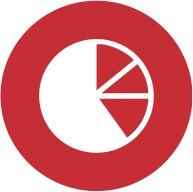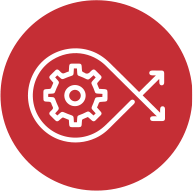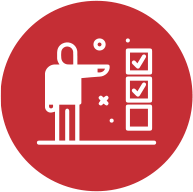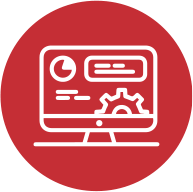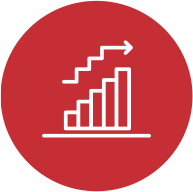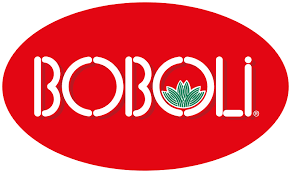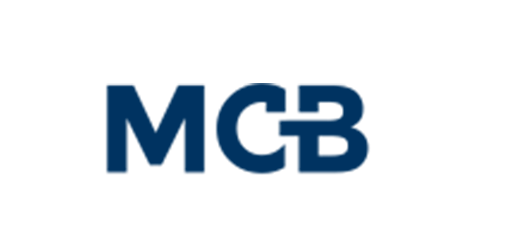The trade and industry sector in the Netherlands is characterized by extensive optimization of processes and systems. What can Intelligent Process Automation add to this?
Tacstone Technology has digitized numerous processes in the sector. Time and again, it turns out that process automation, including Robotic Process Automation (RPA), offers many opportunities for improvements. These improvements are often achieved by giving back hours to the business, which can always be put to good use. In summary, RPA presents many opportunities within this sector.
Benefits of RPA within the sector
Automating repetitive tasks with RPA naturally provides time savings. But equally interesting are the qualitative benefits. Especially in this sector where ‘On time and in Full’ is so crucial and where information exchange between partners in the supply chain is vital for optimizing costs. By considering the robot as a virtual employee who always completes their work on time and in full, it is repeatedly proven that the robot can be a significant player in the team.
Software robot vs. administrative employee
What is RPA? RPA stands for Robotic Process Automation, a technology that simulates keyboard and mouse actions to automate repetitive, manual, and often administrative tasks. This is done through a software robot, also known as a digital worker.


- Directly deployable
- Operational 168 hours per week
- 100% productive
- Cost approximately €3 per hour
- Error-free
- Always available


- Recruitment & onboarding required
- Operational 40 hours per week
- 80% productive
- Cost approximately €40 per hour
- Prone to errors
- Subject to leave and sick days
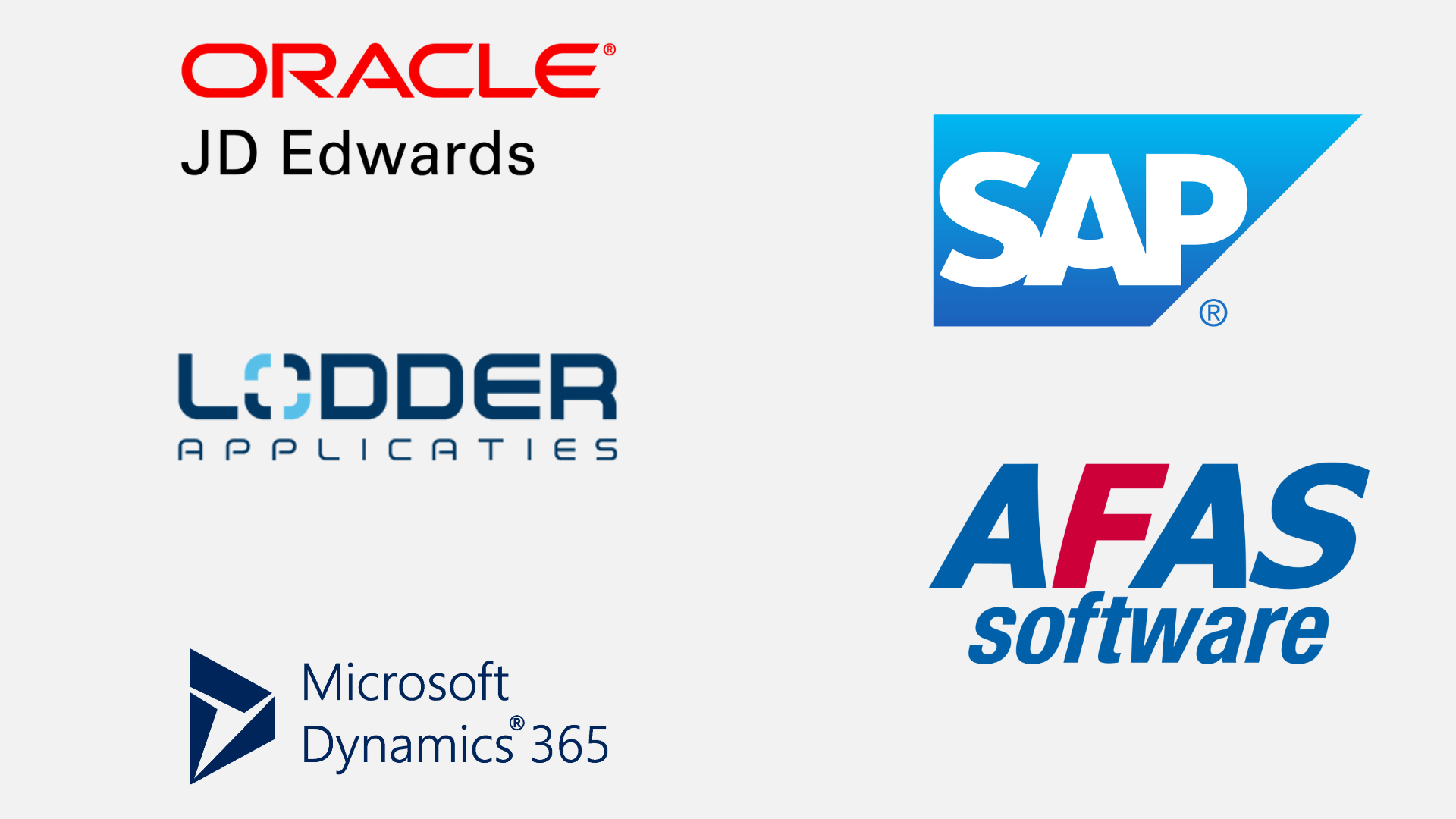
Which processes can you automate with RPA?
The most suitable processes are repetitive, manual, and involve a high volume of transactions. Often, multiple applications are used to perform one process. This is where RPA excels.
In addition to the already known use of RPA in repetitive HR and Finance processes, we increasingly deploy RPA in the primary processes of procurement, production, maintenance, and sales departments. This includes processing:
✅ Requests for quotation
✅ Updates of product characteristics from suppliers in own databases for design, procurement (prices and rates), sales, etc.
✅ Sales orders
✅ Incoming invoices for products and services
✅ Maintenance reports
✅ Credit information from external credit information providers
✅ Entering customs declarations
Examples from the sector
We can provide you with detailed information about who we are, how we operate, and the possibilities of RPA and AI. Contact us to learn more about these projects.
Case study: processing orders
Boboli’s digital employee ensures efficient order processing. The software robot contributes to faster processing times and fewer errors. At Boboli, the software robot saves over 400 hours per year.
Check out the video!
Case Studies in the industrial sector
Want to know more about the use of Software Robots in your department?
We have assisted multiple educational institutions in deploying software robots (RPA) to automate repetitive manual processes. Curious about which processes we can automate in your department? Contact Ebert Knol.


